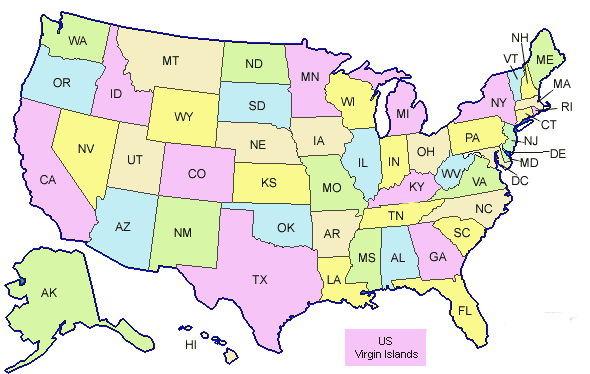California Termination of Parental Rights (TPR)
Home study for adoption conducted prior to Termination of Parental Rights (TPR):
Home study for relatives conducted prior to Termination of Parental Rights (TPR):
After TPR, relatives are no longer relatives and a foster care or adoptive home study must be requested:
Relative Home Study
Define Relative:
Relative means an adult who is related to the child by blood, adoption, or affinity within the fifth degree of kinship, including stepparents, stepsiblings, and all relatives whose status is preceded by the words "great,""great-great," or "grand," or the spouse of any of these persons, even if the marriage was terminated by death or dissolution
A "nonrelative extended family member" is defined as any adult caregiver who has an established familial or mentoring relationship with the child. The county welfare department shall verify the existence of a relationship through interviews with the parent and child or with one or more third parties. The parties may include relatives of the child, teachers, medical professionals, clergy, neighbors, and family friends.
Relatives must be licensed:
Proof of Paternity is required:
- Yes: Proof of paternity is established in ICPC home study request by sending state and that proof is submitted to California receiving agency.
California considers the following types and degrees of relation as relative placements. Individuals related in the 1st degree, 2nd degree, 3rd degree and 4th degree (You may need to refer to your state's consanguinity chart or state statute to determine relations or relative status.):
1st degree (Parents)
2nd degree (Grandparents, siblings)
3rd degree (Great grandparents, uncles and aunts, nephews and nieces)
4th degree (Great great grandparents, great uncles and aunts, first cousins, grand nephews and nieces)
5th degree (Great grand uncles and aunts, great grand nephews and nieces, first cousins once removed)
